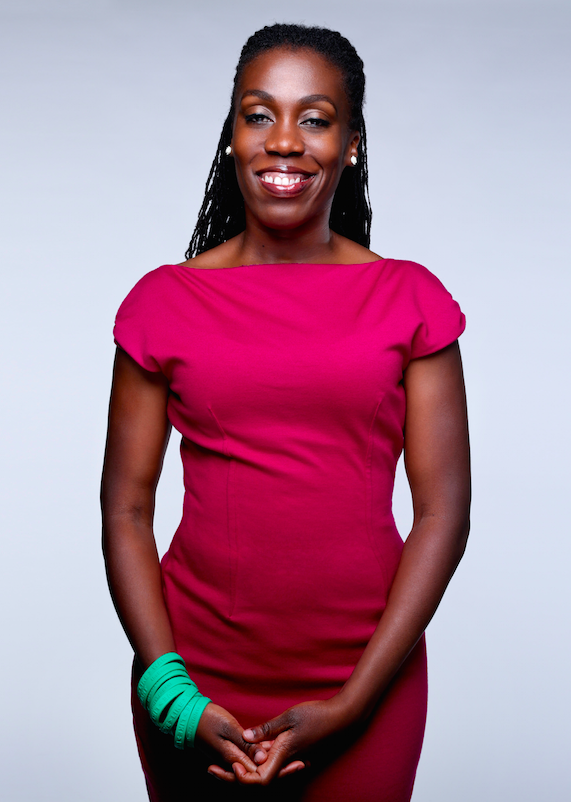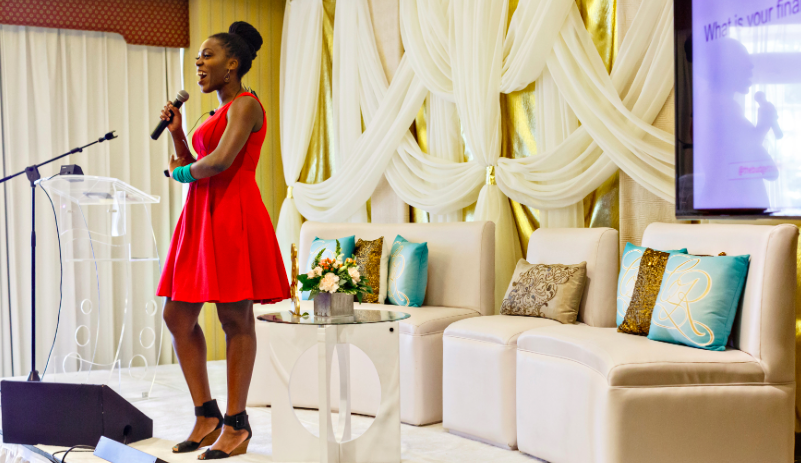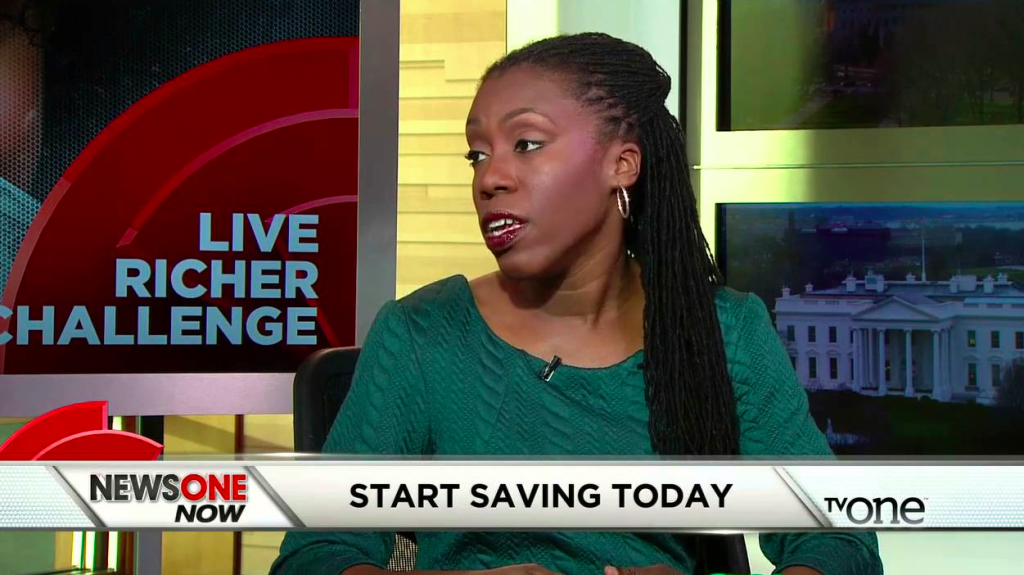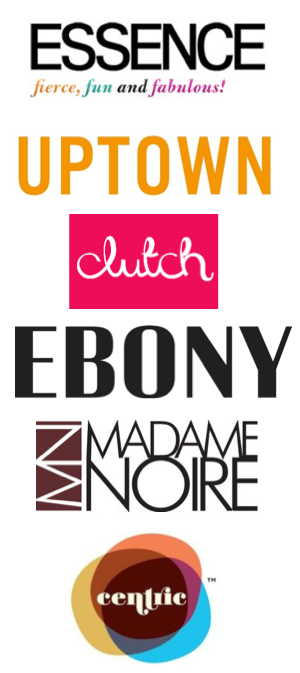In Her Shoes Home
Fly Finance Entrepreneurs (Part Two): The Budgetnista
By In Her Shoes Contributor: Paulana Lamonier
Growing up in a Nigerian-American household, with four sisters and no brothers, Tiffany Aliche’s father, who was an accountant, made it a sole priority to teach his daughters how to be financially savvy. “They had 5 girls, so I don’t know how you cannot be frugal. Money was always the topic,” said Aliche. “He kind of had to switch his view because he realized that there’s no brother here to look after my girls because Nigerian households are mostly male dominated.” Now, with her brand, The Budgetnista, Aliche’s sole mission is to help women live the best versions of themselves. With 200,000+ in over 100 countries, these Dream Catchers, as Aliche likes to call her community, are growing by the minute fulfilling their dreams, while being financially stable.
In Her Shoes: What/when was the turning point for you when you started The Budgetnista?
Tiffany: For about 10 years I taught pre-school. At the time, I did not have my teaching degree because I was going to school for business and so you can only teach pre-school and go get the certificate, I said “ok, I’ll do this for the nine months that it takes to get my certificate” — I ended up staying for 10 years, and that was the best decision I could’ve ever made. I didn’t know at the time. It was there, too, I was showing parents how to manage their money. Because when you work in economically depressed neighborhoods often times the people you work with feel comfortable to ask you to borrow money. So, instead of lending them money, I started teaching them. Before you know it naptime was adult university, when the kids would sleep, we would work on our finances. It was because I knew how to teach and money was something fun and easy and I learned from home.
In Her Shoes: What was the biggest lesson you learned that has impacted the way you work? Explain what was it like before and after?
Tiffany: The biggest lesson I’ve learned on my entrepreneur journey is, “do it anyway!” Before, I used to wait for permission to proceed forward with my ideas. I waited my turn. I was told that what I wanted to do wasn’t possible, or smart. That it couldn’t or wouldn’t work. Then one day, when yet another one of my ideas was turned down, my friends convinced me to do it anyway. So, I did. Now, that idea has led to my brand growing to 100,000 women movement worldwide and to my business projected to gross $1 Million per year by next year. DO IT ANYWAY!
In Her Shoes: How do you conquer those moments of doubt that often discourages entrepreneurs to follow their ideas? What pushes you through?
Tiffany: When I’m feeling doubt about my ability, I lean into my purpose and passion. I only work on projects that I’m passionate about. That excitement helps me to push through even when I’m afraid.
In Her Shoes: Failure plays a vital role as an entrepreneur, how do you deal with it?
Tiffany: I was not good at managing failure when I first started. Now, I expect to make mistakes. I know that mistakes are part of growth and I use them to get better. I’m actually thankful when something goes wrong in the beginning. It means that I can fix it early, so its impact is reduced.
In Her Shoes: As an entrepreneur, what’s your weakness and how are you overcoming it?
Tiffany: My biggest weakness is organization. I overcame it by hiring administration and a chief operating officer (COO) that are way more organized than I am.
In Her Shoes: What’s a financial tip you would give those who want to start their business?
Tiffany: Scale back your life and use the money you save for your business. For example, get a roommate, move back home, sell your car, stop eating out. It’s not forever. But in the beginning of your business, it’s essential that you conserve your money. You may not make much at first, so you’ll need to live off of savings.
In Her Shoes: Being an African-American woman, who’s an entrepreneur teaching people about finances, what are your thoughts on the gender wage gap? And, what can a woman do to close the pay gap, if they feel they’re not getting paid as equal as their peers?
Tiffany: The unfortunate thing about the gender wage gap is when they are comparing what women make in comparison to men, they are comparing white women, not women of color. Women of color make even less. Their wage gap is far greater, but it’s ignored.
Truthfully one of the ways women, especially women of color can help to close the gap is to either start their own business like I did and increase their potential to earn and well as pay their employees fairly or rise to positions of power where they can make decisions that affect how much women are paid.
Stay tuned for next week’s installation of the Fly Finance Entrepreneurs series with Carrie Pink!
As a New York City storyteller, filmmaker, digital content creator, and PR strategist, Renae Bluitt created "In Her Shoes" to empower and enlighten women committed to realizing their dreams.








